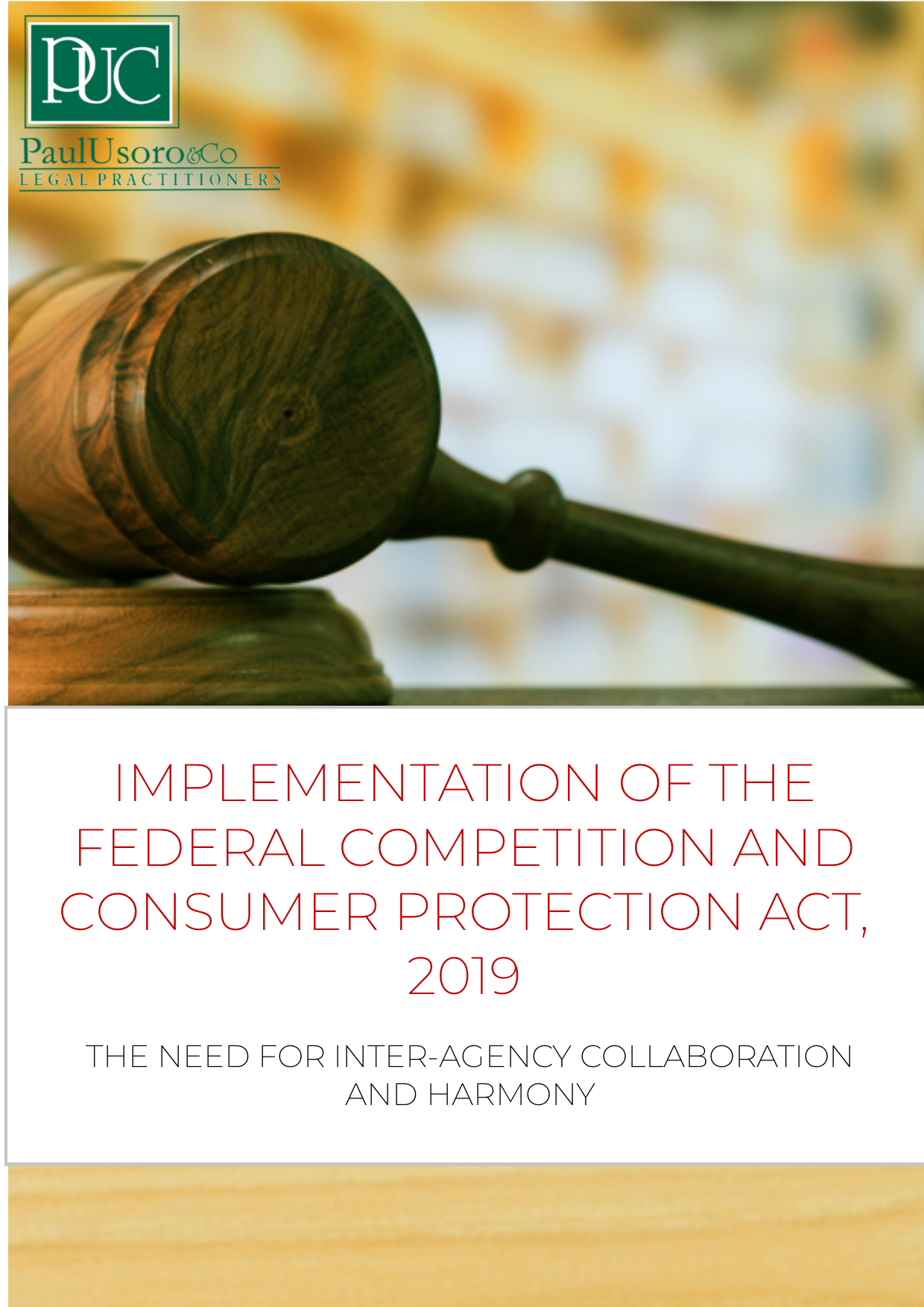In the recent past, the President of the Federal Republic of Nigeria, President Muhammadu Buhari GCFR, has refused to give his assent to several bills forwarded to his office for his approval by the National Assembly. The President’s refusal to assent to the bills has been a cause for concern to many Nigerians. Prominent among the bills to which the President refused assent are the Nigerian Film Commission Bill 2018, the Chartered Institute of Pension Practitioners of Nigeria Bill 2018, the Immigration Amendment Bill 2018, the Climate Change Bill 2018, the Digital Rights and Freedom Bill 2018, the Chartered Institute of Training and Development of Nigeria (Establishment) Bill 2018, the Nigerian Aeronautic Research Rescue Bill 2018, the Federal Mortgage Bank of Nigeria Bill 2018, the National Housing Fund Bill 2018, the National Institute of Credit Administration Bill 2018, the National Bio-Technology Development Agency Bill 2018 as well as the Ajaokuta Iron and Steel Completion Fund Bill. Continue reading “Recent Spate of Refusal of Assent to Bills by the President”
The Federal Competition And Consumer Protection Act, 2019: The Need For Inter-Agency Collaboration And Harmony

Historically, there has been a dearth of a comprehensive antitrust and competition legislation in Nigeria. Prior to the enactment of the Federal Competition and Consumer Protection Act, 2019 (“FCCP Act” or the “Act”), the Investment and Securities Act, 2007 (“ISA”) had some anti-trust provisions which gave the Securities and Exchange Commission (“SEC”) power to regulate competition in Nigeria. Before the FCCP Act, the ISA had wide antitrust provisions (when compared with other sector-based antitrust legislations) which mostly regulate SEC’s grant of consent to mergers between business entities. SEC could refuse consent to a merger, acquisition or takeover, on the ground that it is inimical to competition. It could, on the other hand, order the breakup of a company if its activities substantially lessen or prevent competition. Another instance of sectorial legislation with antitrust provisions is the Electric Power Sector Reform Act, 2005 which regulates the power sector. In addition, certain sector-specific regulations are also in force to govern competition within various sectors. However, to provide for an all-encompassing and comprehensive legislation to regulate competition and protect the interests of consumers across all sectors, the FCCP Act was enacted.
EXAMINING GOVERNMENT POLICIES FOR THE DEVELOPMENT OF NIGERIA’S MARITIME INDUSTRY- MFON USORO

Examining Government Policies for the Development of Nigeria’s Maritime Industry was presented by Mrs Mfon Ekong Usoro at the 2nd National Convention of the Alumni of Maritime Academy of Nigeria Oron (AMANO). The convention was held at the Conference Centre, Naval Dockyard, VI on 09 November 2018.
To read more on the paper, please click below link
Examining Government Policies for the Development of the Maritime Industry- Mfon Usoro
